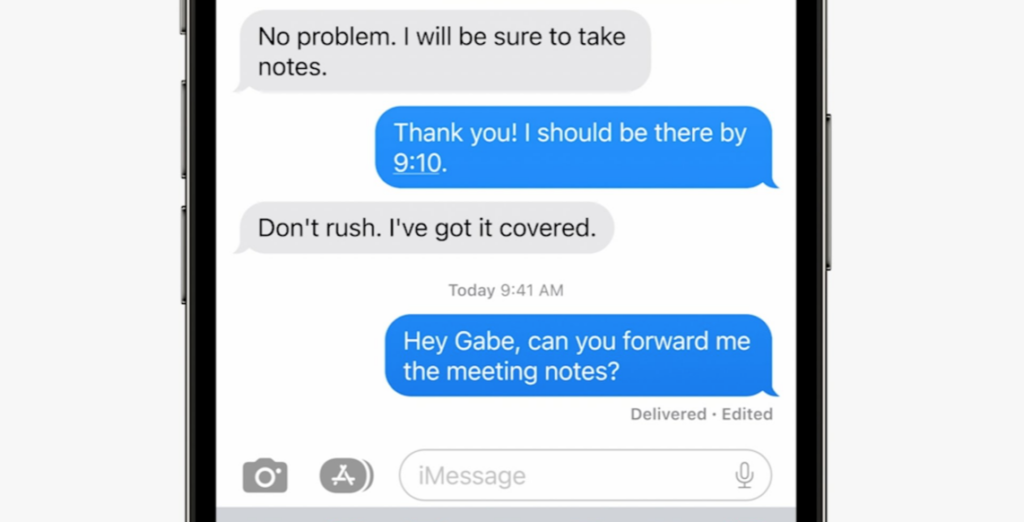

Apple is finally doing something about the awkward relationship between iPhone and Android users, when it comes to the Messages app.
In iOS 16, Apple will dispense with those written ‘reactions’ messages that show up whenever an Android user is part of a group chat. That issue arises because, whenever an Android user is present the conversation becomes a standard SMS format, thus losing all of the rich media features.
However, when iOS 16 rolls around this autumn, there’ll be no more written messages explaining how someone loved, liked, disliked, emphasised or questioned a particular message, image or video. That’s the word from 9to5Mac, which has been playing around with the iOS 16 developer beta.
This follows Google’s workaround for the long-standing issue by making use of emoji reactions. Google’s option simply hides those Tapback messages and converts them as the emoji in question. Until now, iPhone users have still received the written messages.
Apple’s update is a long overdue solution to a problem that many have speculated the company has deliberately kept around, to present Android as an inferior operating system to iOS. Google wants Apple to adopt the RCS standard, which would enable all users to experience those media rich conversations, regardless of which smartphone platform they’re using. Apple has so far resisted, as evidenced by its revamp of Messages announced this week at WWDC 2022.
The company is adding the ability to edit messages after sending, to ‘undo send’ entirely, and to mark conversation threads as unread if there’s a message you wish to remember to revisit. The company is also improving dictation via Siri.
So, if you’ve called a work colleague “babe” instead of “Gabe” (to use Apple’s example), you can quickly save yourself the awkwardness and potential HR investigation. Or, if you’ve sent a lovey-dovey message to your mates’ group chat instead of your significant other, you can quickly reduce the likelihood of ridicule by pulling that text back from the brink.






